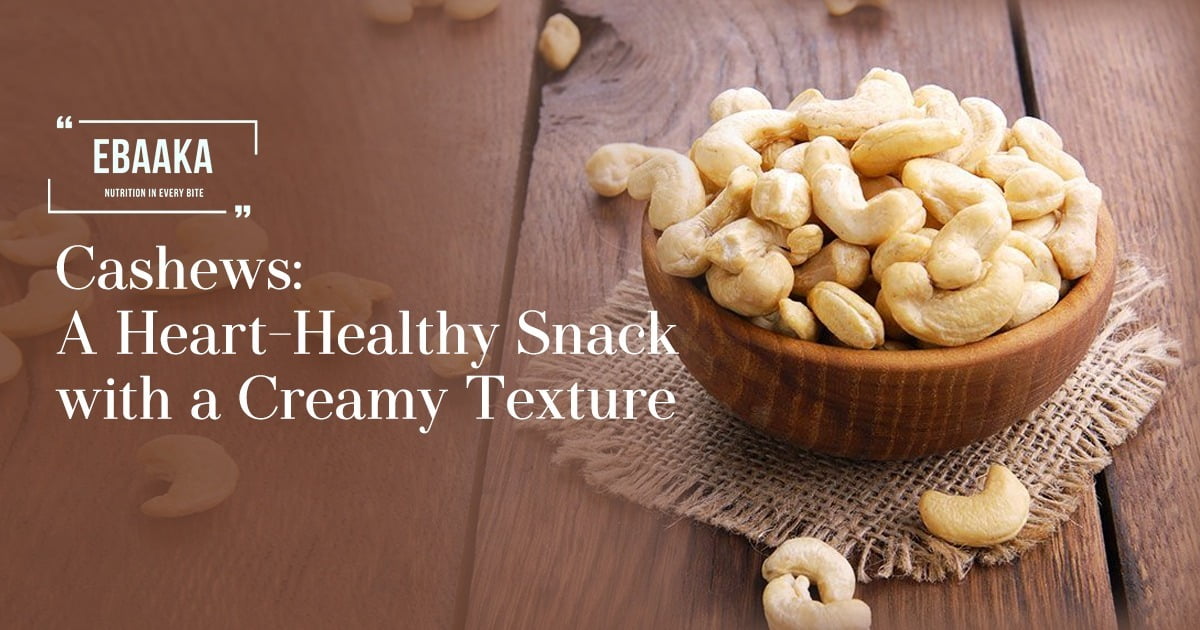Cashews are a type of tree nut that is native to Brazil. They are known for their creamy texture and nutty flavor. Cashews are also a good source of nutrients, including protein, fiber, healthy fats, and vitamins and minerals.
Cashews are particularly rich in magnesium, copper, and manganese. Magnesium is important for bone health, muscle function, and nerve function. Copper is important for energy production and iron absorption. Manganese is important for bone health, wound healing, and immune function.
Cashews have been shown to have a number of health benefits, including:
- Reduced risk of heart disease: Cashews are rich in monounsaturated fats, which can help to lower cholesterol levels and reduce the risk of heart disease.
- Improved blood sugar control: Cashews can help to improve blood sugar control by slowing down the absorption of sugar into the bloodstream.
- Boosted heart health: Cashews are a good source of copper, which is important for heart health. They have also been shown to improve blood vessel function and reduce inflammation.
- Reduced risk of certain types of cancer: Cashews contain compounds that have been shown to have anti-cancer properties. They may help to protect against certain types of cancer, such as breast cancer, colon cancer, and prostate cancer.
In addition to their health benefits, cashews are also a versatile snack food. They can be eaten on their own, added to yogurt, oatmeal, or salads, or used in baking.
Here are some tips for incorporating cashews into your diet:
- Add a handful of cashews to your breakfast cereal or yogurt.
- Sprinkle cashews on top of your salad or soup.
- Use cashews in baking, such as in muffins, cookies, or bread.
- Enjoy cashews as a snack on their own or with fruit.
Cashews are a delicious and nutritious snack food that can be enjoyed by people of all ages. They are a great way to improve your overall health and well-being.












